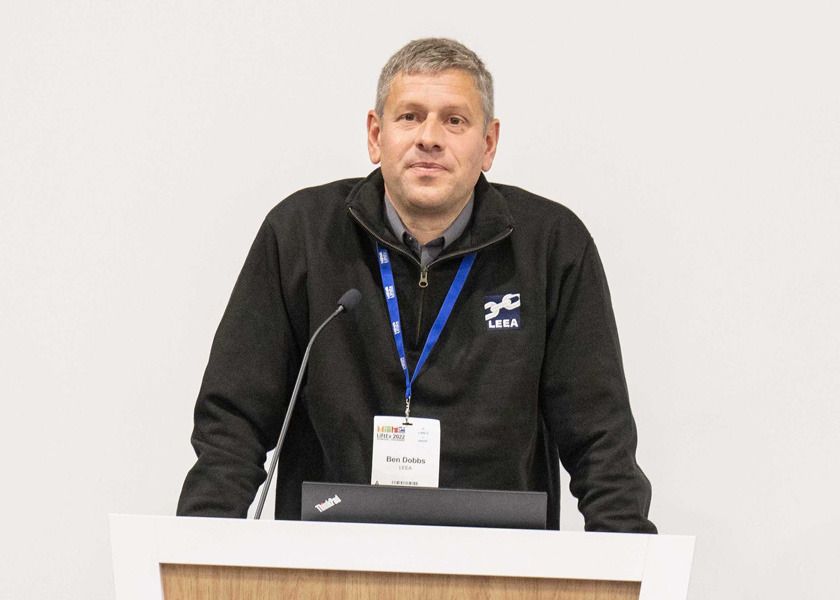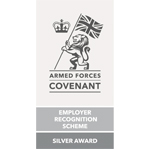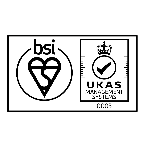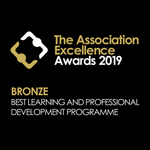
Improving Standards
Ben Dobbs, Head of Global Standards and Legislation at LEEA, who represents LEEA on various standards committees throughout the world, highlights the current works in progress and plans for the BS7121 Code of practice for the safe use of cranes.
A presentation I gave during #GLAD2023 covering the background to changes made to the BS7121 series, demonstrates that it is a good standard for safe use of cranes. It can be watched at https://leeaint.com/videos and I would certainly recommend it as informative and important viewing, particularly given that in the UK BS721 standards have a special ‘quasi-legal’ status.
Standards, of course, need to continually keep pace with change and in this column, I would like to highlight the current works in progress and plans for future of the BS7121 series.
Next in line for revision is BS 7121 Part 4, Lorry Loaders, as well as Part 2-4, which is the inspection, maintenance and thorough examination part of this standard. Together, they cover all aspects specific to lorry loader cranes. The Construction Plant Hire Association and the Association of Lorry Loaders are updating their guidance, which will form the basis of this standard, for which LEEA experts are on the drafting panel and we are working with other stakeholders to improve these parts of the code. If any LEEA members have issues they would like to seek clarity on, with respect to the current content of these standards, then get in touch with us and we’ll ensure they are addressed.
LEEA has also been taking the lead on the development of a preliminary work item for an inspection, maintenance and full examination section that is applicable to offshore cranes, which is currently absent from the series. Given that in our experience there is a great need for one, such a standard will be an excellent addition for operators using such cranes. This is because it will set a common minimum approach to inspecting and maintaining such equipment and having a consistent approach will be beneficial in reducing the presence of defects in these cranes. It will also improve the manner in which the defects are reported and processed. The preliminary draft is being written within a LEEA working group comprising industry experts, leading industry stakeholders and representatives of the regulator. The draft is nearing completion as a LEEA guidance document and will soon be further developed as a British Standard.
Once the sub-parts have been completed, we are proposing to begin work on a revision of BS7121 Part 11, which is the Code of practice for the safe use of offshore cranes. There is a lot of interest in the revision of this part of the series and the committee is currently investigating whether there is a case for separating offshore cranes on fixed installations from those on floating installations. They are both classed as offshore cranes but there are some differences in their respective operations, which we feel needs to be separated. Any LEEA members wanting to contribute to the development of this standard should get in touch with us as soon as possible.
A revision of BS7121 Part 12 Code of practice for the safe use of cranes and Part 12, covering recovery vehicles and equipment, has also been considered. However, the bodies involved in drafting this part of the code no longer exist. There may be some overlap with other guidance documents, so a proposal to withdraw this part is being considered. If any LEEA members have any interest in this standard and would like to retain it, then they need to inform us as soon as possible.
Finally, we have BS7121 Part 13 Hydraulic Cranes and Part 14 Side Boom Pipe Layers. These have been discussed but there seems to be little interest in revising these sections. This is because the crane types are not very common in the industry anymore and are little used. So the proposal would be to declare them obsolete. So although the current standards could be used, they are in effect withdrawn. Therefore, again, if any LEEA members do have an interest in these standards and would like to make changes to the current versions, then let us know.
As stated at the beginning, BS7121 is a good standard, but standards can always be improved, and this is a great opportunity to enhance safety and best practice in lifting operations by keeping such a vital standard series up to date. If you wish to get in touch with the team about any of these issues, please contact: technicaladvice@leeaint.com.



